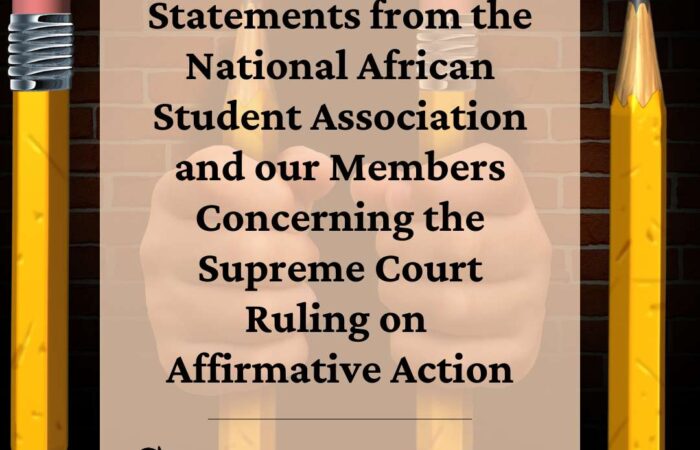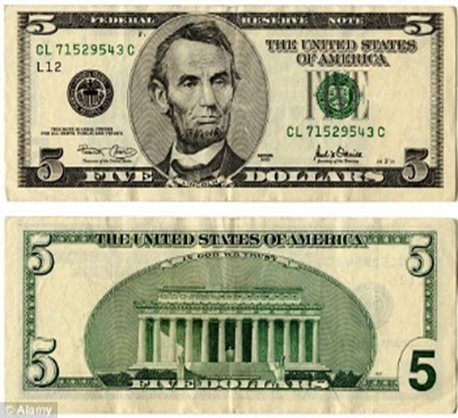By Erin Lynn – National African Student Association, Inc.
Setting Up a Bank Account
One of the first things you’ll probably want to do is get a bank account. If your campus has a bank branch on it or at least an ATM (automated teller machine), that would be convenient. To set up an account, you will likely most or all of the following:
- Current Passport
- Proof of address- a piece of mail will usually work
- A letter of enrollment from your college
- A personal identification number, like a social security number, student ID number, passport number, an international ID number with photo identification, or an individual taxpayer identification number
Checking Accounts vs. Savings Accounts
Checking accounts are better for everyday transactions such as purchases, bill payments and ATM withdrawals. They typically earn less interest — or none. Savings accounts are better for storing money and earning interest, and because of that, you might have a monthly limit on what you can withdraw without paying a fee. Before you decide what type of account you want (you can have both), it is helpful to understand what types of fees the different types might have.
Bank Fees
Account Fees
Some banks will charge you a fee purely for having an account with them. This is usually charged monthly.
ATM Fees
Usually, if you are getting money out of an ATM that is connected to your bank, there won’t be fees. If you need access to money from an ATM that is through a different bank, though, you will probably have a fee.
Transfer Fees
Usually transferring funds from one of your accounts to another through the same company is free. Like the ATM, though, a fee may occur when transferring to or from an account through a different bank.
Insufficient Funds Charge
If you pay with a check and don’t have enough money in your account, you can be charged a fee.
Overdraft
Similar to above: If you spend more than what’s in your bank account you will incur an overdraft fee.
Paper Statement
You may be charged an additional fee for paper statements. Online banking can help you avoid this and also give you access to your account information during non-banking hours.
Lost Card Fee
Make sure you keep track of your card or you could have to pay to replacement the original. One exception that you will often see to this fee is if your card has been stolen.
* If you have an ATM card from a bank in your home country, ask whether the U.S. bank will honor it; some Personal Identification Numbers (PINs) cross national borders, while others do not.
Exchange Rates and Currency Calculator
Exchange rates tell you how much your currency is worth in a foreign currency. Think of it as the price being charged to purchase that currency. There are two kinds of exchange rates: flexible and fixed. Flexible exchange rates change constantly, while fixed exchange rates rarely change. It is helpful to understand how much the money from your country is “worth” in the United States. For example, if your currency is the Libyan Dinar, 1 U.S. Dollar is worth 4.4 Libyan Dinars. For the most current conversion, please use the following currency calculator: https://www.xe.com/currencyconverter/


